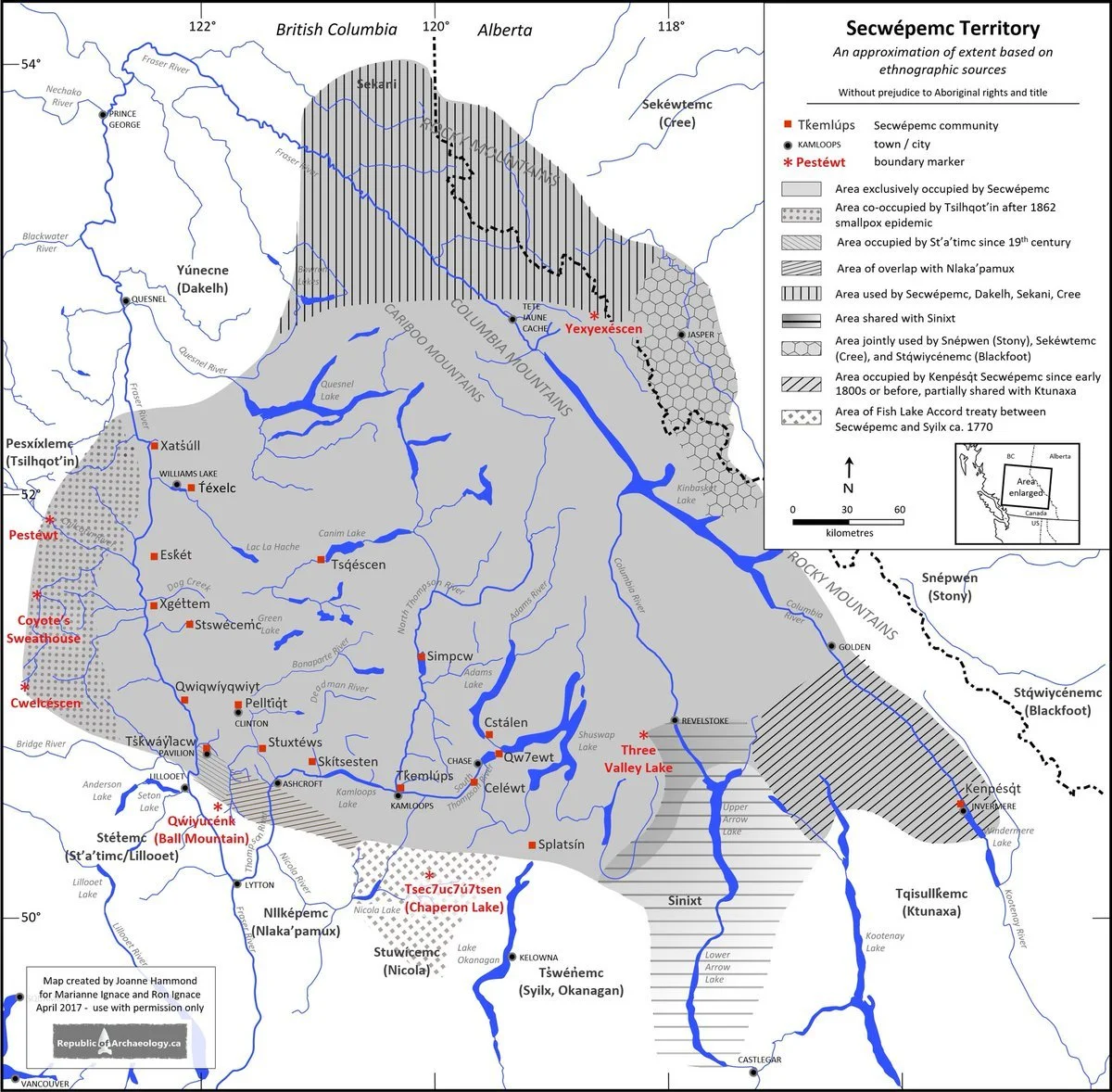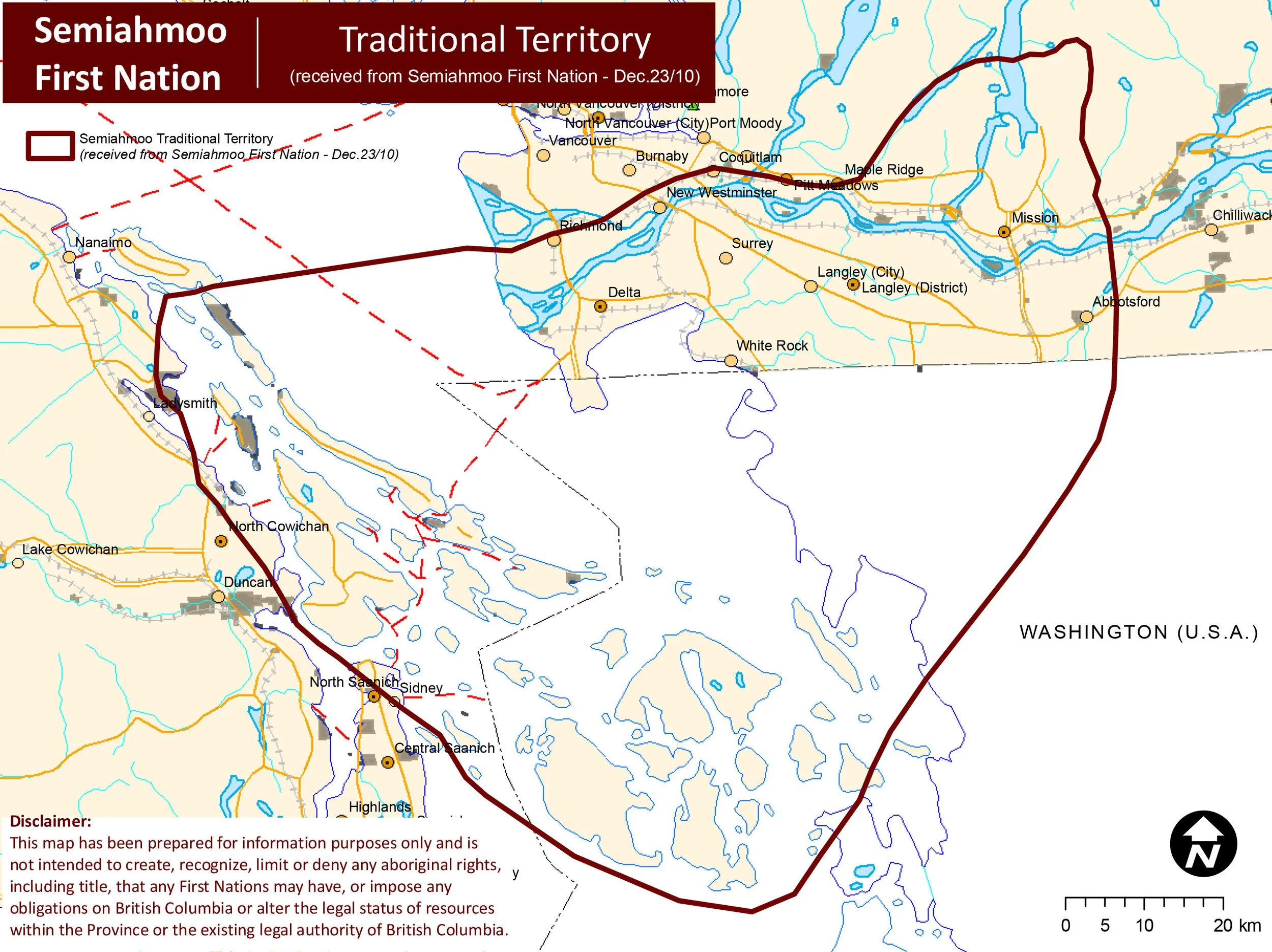In December 2023, I started to read the non-fiction work by Indigenous author Asha Frost, called YOU ARE THE MEDICINE. From Asha’s website:
Asha (she/her) is an enrolled member of Neyaashiinigmiing First Nation. She is an Anishinaabe Medicine Woman, Spiritual Mentor, Ceremonial Speaker and Author who believes wholeheartedly in the power within to heal our bodies, our spirits and our lives. As Wiida'adoon Aanimkikaa (She who walks with the Thunderbirds), she is able to clearly see one’s presence, power and medicine and invites people deeper into their wise knowing. As a member of the Crane Clan, her facilitation style empowers, uplifts and inspires with grace and deep love.
For 18 years, Asha has practiced as a Homeopath, Medicine Healer and Soul Seer - she is the Author of You are the Medicine, a book with Hay House. She also has an Oracle Deck. She has facilitated healing with thousands through healing ceremonies, circle and one-on-one work. She is a divine channel for deep healing and a visionary for a healed way.
Her book has many reflective prompts and this online journal will serve as a repository of my thoughts and writings.
Territorial Acknowledgment
“As you begin this book, take a moment to acknowledge the traditional Lands you are on. If you don’t know whose lands you occupy, this is a perfect time to find out. You can look it up at native-land.ca—this incredible resource covers all of Turtle Island. As you acknowledge the Earth beneath your feet, feel the Spirit of the Land and all it carries, for it has witnessed lifetimes of both beauty and pain. Land acknowledgments remind everyone of the truth that we, Indigenous people, are still here. When spoken with intention, the words remind all who listen that no one can erase our colonial and oppressive history. As Indigenous people, we place ourselves in relationship to the Land; we don’t own it—we have a kinship with it. When we speak these words, we acknowledge the broken treaties and the repair that is needed. Land acknowledgments are so much more than words spoken; they create ripples of healing past, present, and future.
As you acknowledge the Land on which you stand, feel into your own lineage. Envision your roots reaching into the spaces and places your Ancestors lived, the spaces where your Medicines originate. Bring them forward today, dear Niiji, for I value your power and presence here.
For lifetimes, Indigenous people have known the power of Earth and Spirit Medicine. Everything in our natural world is interconnected and viewed as sacred. Since time immemorial, we have developed a reciprocal relationship with the Earth, our Ancestors, and the Spirit World. The Plants, Animals, Rocks, Waters, Stars, and Moon are our Relations, our Kin. We love them as our relatives, deserving of deep respect and honor. Every aspect of Creation has a Spirit. This Spirit lives in all things and informs us how to walk in a good way—Mino-bimaadiziwin. Spirit-to-Spirit connection brings us back to the knowledge that we are all divine beings walking in a balanced relationship with one another” (xii).
I am Steven Hanju Lee, born and raised until the age of twelve on the traditional, ancestral, and unceded territory of the Williams Lake First Nation (WLFN), or the T’exelcemc (people of WLFN), who have belonged to the Secwepemc (or Shuswap) Nation for over 6,500 years.
When I was twelve, my parents retired to South Surrey, where I have lived ever since (completing my elementary, secondary, and undergraduate post-secondary studies and beginning my career as a fine artist), an area that is a part of the traditional, ancestral, and unceded territory of the Semiahmoo (SEMYOME) First Nation, which is a part of the broader territory of the Coast Salish Peoples.
Medicine Reflection
After reading “The Letter” (pages xix - xxii), Frost asks readers to reflect on it by considering the following questions:
How does this letter touch you?
It saddens my soul that a letter like this has to be written, but I empathize with why it has to be written. There are very real, and very valid reasons for why Frost has to clearly discuss this, as it relates to the conversation about appropriation that all of us need to have. A conversation that requires deep, empathic listening - especially by the white women Frost addresses. Specifically, Frost explains how:
“I saw mostly white women taking our Medicines and not honoring them properly, waving sage on Instagram ads for sales or posting naked photos of themselves wearing Headdresses. I started to see that they wanted to take everything they considered beautiful as their own and leave all the trauma and truth behind” (xvi).
I found it interesting that Frost addresses women, as opposed to both women and men, but nevertheless I empathize with the truth that this is rooted in what Frost has experienced. I can empathize with who she chooses to address as it’s a truth I’ve experienced as well, regarding appropriation within the spiritual community. One specific aspect of Indigenous culture that I’ve seen appropriated by the spiritual community is the act of smudging.
Burton, Nylah / Polish, Jay. “The Ethics of Burning Sage, Explained.” Bustle, 19 July 2019.
Shannon, Michaela. “Why it’s Time to Rethink Burning Sage and Smudging.” CityLineTV, 28 Apr 2021.

